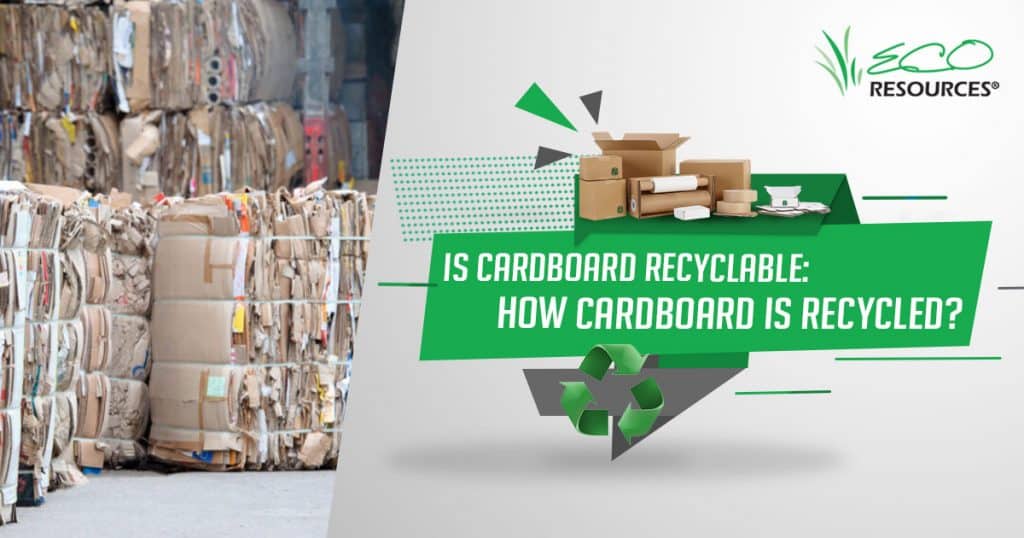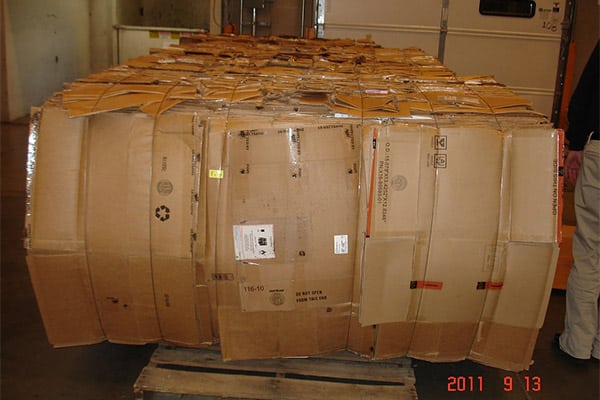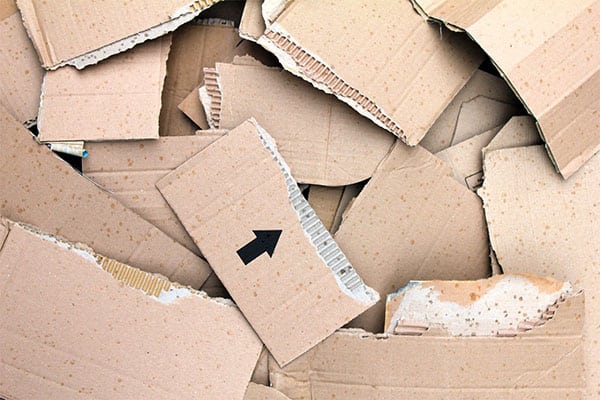

Cardboard, a versatile and widely used material, is a type of paper stock that is thicker and more durable than standard paper, making it ideal for packaging, crafting boxes, and producing various disposable items. Many people wonder, ‘Is cardboard recyclable?’ and the answer is yes, as it can be recycled to contribute to sustainable practices.
Composed of paper pulp, cardboard is known for its sturdiness and eco-friendly nature, making it a popular choice for sustainable packaging solutions. In an era marked by environmental consciousness, the importance of recycling cannot be overstated.
Recycling conserves resources, reduces waste, and minimises the ecological footprint associated with manufacturing new products. It is a pivotal aspect of sustainable living, fostering a circular economy where materials are repurposed, extending their lifecycle and mitigating the strain on natural resources.
Is cardboard recyclable? Yes, cardboard is highly recyclable.
Its recyclability stems from its organic composition, primarily consisting of paper fibres. Recycling cardboard not only diverts it from landfills but also contributes to the conservation of trees and energy.
Understanding the process of how cardboard is recycled sheds light on the intricate journey from used packaging to repurposed material.

Baling is a common practice in recycling facilities where recycled materials, including cardboard, are compacted and bundled into manageable units called bales. This process streamlines transportation and storage, making it easier to handle and transport large quantities of recyclable materials.
The baling of cardboard offers several benefits, including:
The baled cardboard is also more marketable, as it can be easily transported to manufacturers for further processing.
While cardboard and paper recycling share similarities, the processes differ slightly. Both involve pulping and refining, but cardboard often undergoes additional steps to address its thickness and specific characteristics.

By recycling cardboard, the amount of waste destined for landfills is significantly reduced. This not only conserves valuable landfill space but also minimises the environmental impact associated with landfill disposal.
Recycling cardboard requires less energy than manufacturing new cardboard from raw materials. The energy saved in the recycling process contributes to the overall reduction of the carbon footprint associated with cardboard production.
Recycling cardboard helps conserve precious natural resources, particularly trees. Since cardboard is made from wood pulp, recycling reduces the demand for virgin wood, promoting sustainable forestry practices.
The act of recycling cardboard promotes a culture of sustainability. As consumers, businesses, and industries actively participate in recycling initiatives, they contribute to the global effort to reduce environmental impact and foster responsible consumption.
In summary, cardboard is indeed recyclable, and its journey through the recycling process highlights the importance of a circular economy. From collection to baling, the steps involved in cardboard recycling showcase a sustainable approach to managing this widely used material.
To further support sustainable practices and waste management solutions, consider partnering with Eco Resources. We provide integrated environmental solutions for waste management to the municipal, commercial, industrial, mining, oil, and gas sectors in Perth, WA. By embracing such initiatives, we contribute to a greener and more sustainable future.

Kristy Sumich is the owner and director of Eco Resources, a prominent waste management and recycling service in Western Australia. With deep industry knowledge and hands-on operational experience, Kristy is dedicated to providing sustainable solutions in waste management.
All rights reserved © Eco Resources. Website by Selling Online Made Simple. Sitemap.